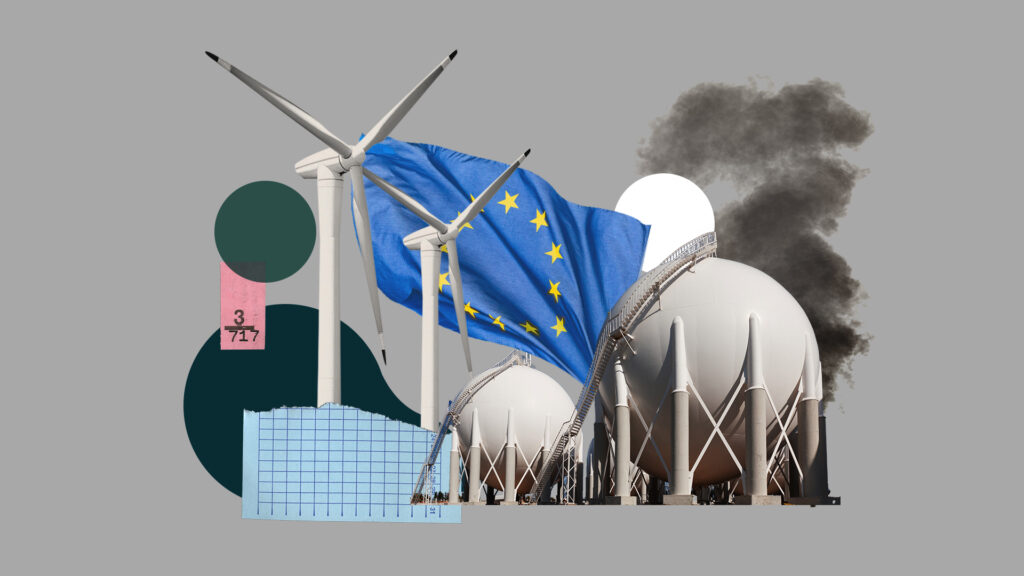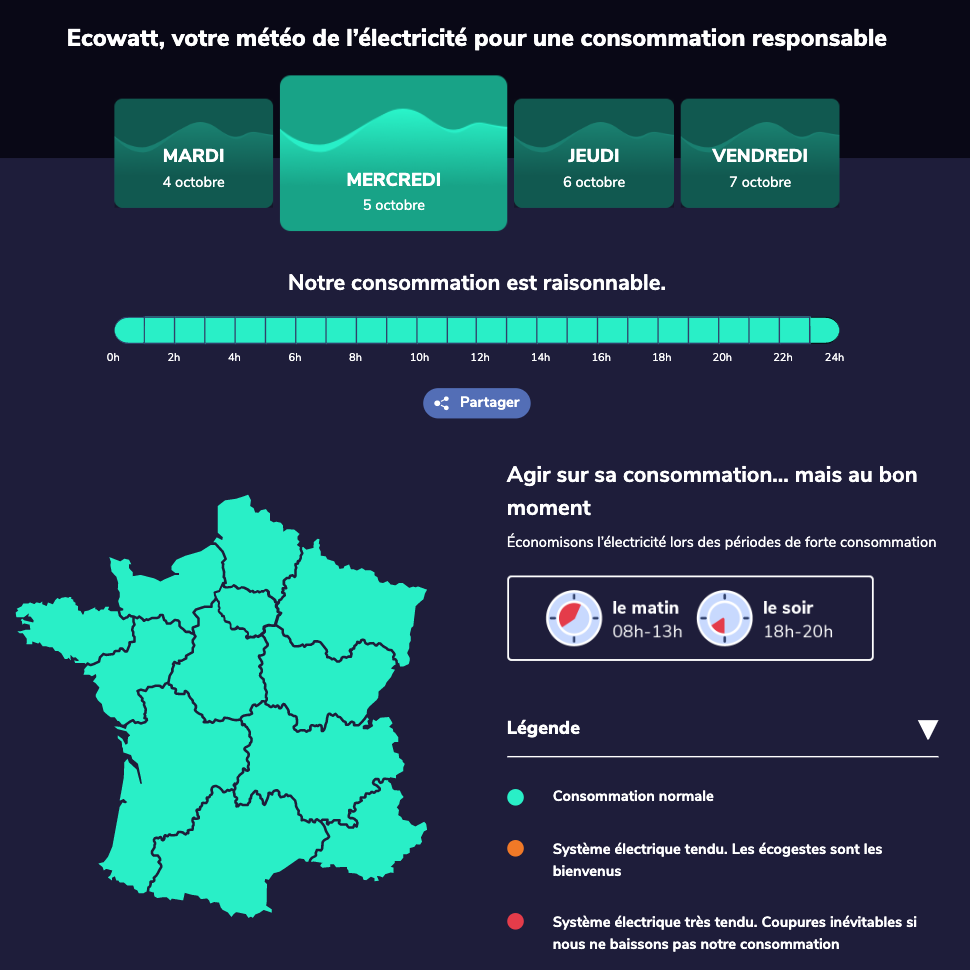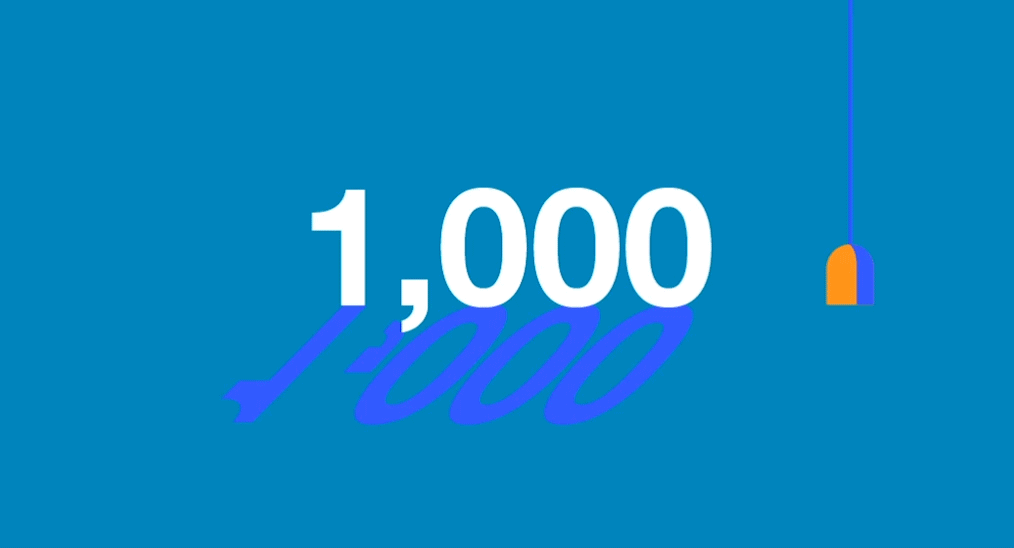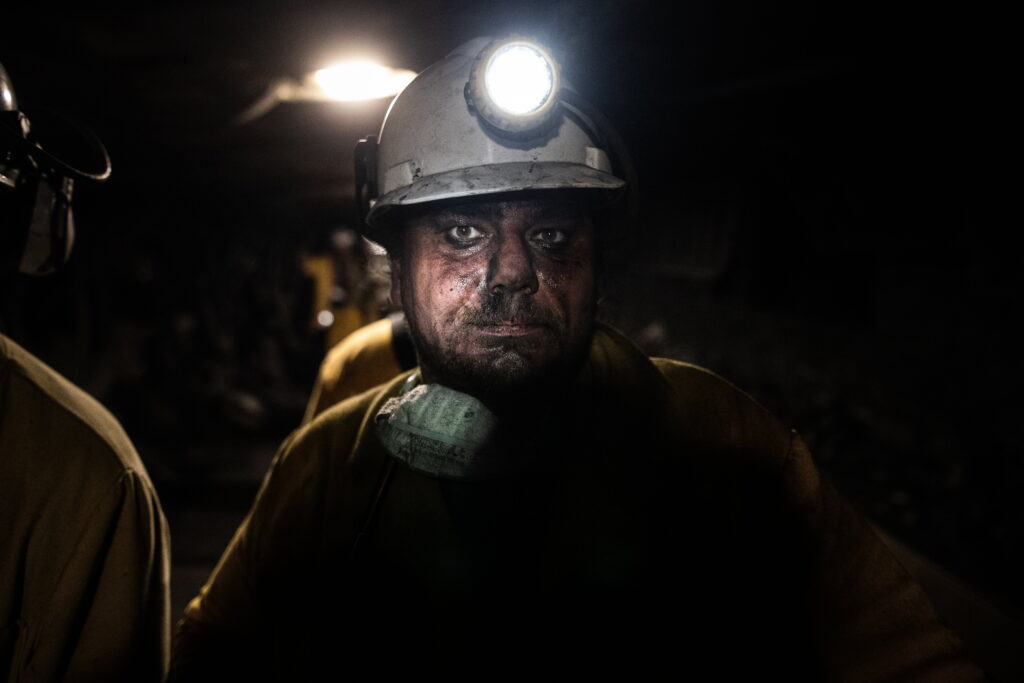The energy crisis is a European one, but this time, unlike during the 2008 financial crisis, Europe is upside down: Germany, in particular, was once the “schoolmaster” lecturing Portugal, Italy, Greece and Spain about fiscal irresponsibility, but Berlin now finds itself much harder hit than its southern neighbours when it comes to energy.
Germany powered its industrial and economic growth with cheap Russian gas, giving little thought to the security risks, not just to itself. Who’s “irresponsible” now? One might ask.
Spain, on the other hand, proved its farsightedness by investing in a more diversified energy mix, despite the greater economic cost.
While just a few months ago the Spanish proposal (backed by Portugal and Italy) to radically overhaul the European energy market was being dismissed by some – with their hierarchical reflexes – as ‘quixotic’, it seems there are finally some southern winds of change: an adapted Spanish “gas cap” is now becoming a reality for the rest of the bloc.
Of course, reform like that is a long-term project. This winter, the door must still be opened to more pragmatic and short-term options for gas or coal from the United States, Norway and Azerbaijan.
But, just as the Covid-19 pandemic allowed for the rupture of certain ‘mantras’ that seemed impossible to break, the belated understanding that energy is a matter of European security also represents a historic opportunity to push for more sustainable means to ensure it.
Looking to the future, this hopefully means moving towards a better developed energy mix with more renewables all over Europe – together.






